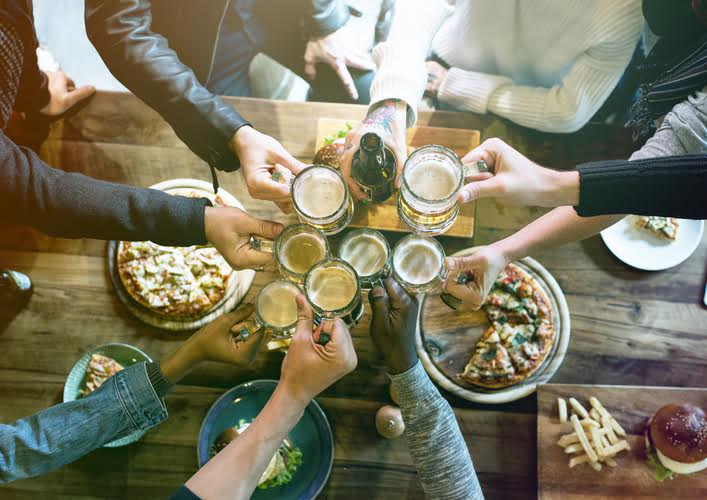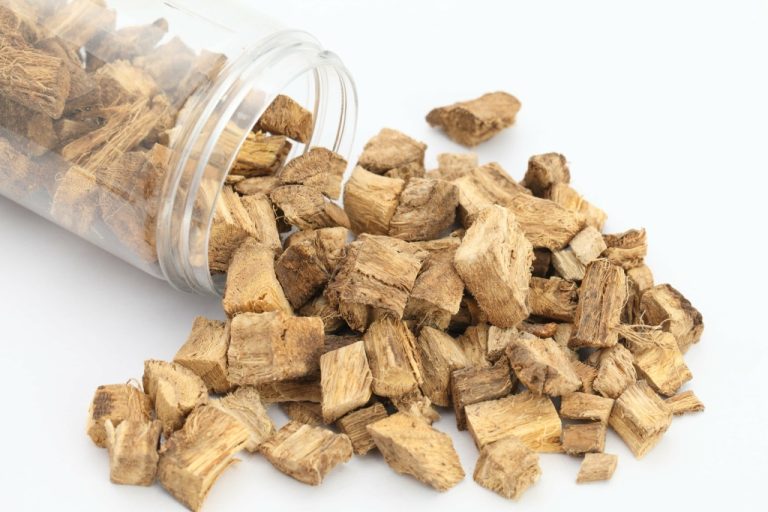Content
Rather than quitting drinking abruptly (or “cold turkey”), many professionals recommend gradually reducing your drinking over time. This can give your body the chance how to taper off alcohol to adjust, helping you avoid the worst of withdrawal symptoms. It should not be used in place of the advice of your physician or other qualified healthcare provider.

That way you can estimate how many standard drinks you’re being served in a restaurant or bar that uses large glasses and generous serving sizes. A typical 25-ounce bottle of table wine holds about 5 «standard» drinks, each containing about 5 ounces. This serving size of wine contains about the same amount of alcohol as a 12-ounce regular beer or 1.5 ounces of 80-proof spirits.
How To Taper Safely off Alcohol
It is very important that you set up a TAPER SCHEDULE which corresponds to the amount you have been drinking and the amount of withdrawal you might have as a result. Just for reference a 12 ounce regular strength (5%) beer is one standard drink. A standard bottle of wine at 12% alcohol contains 5 standard drinks.
How can I train myself to drink less alcohol?
- Set limits. Decide how many days a week you plan to drink and how many drinks you plan to have.
- Count your drinks.
- Manage your “triggers.” If certain people, places, or activities tempt you to drink more than you planned, you can avoid those triggers.
- Find support.
Experts advise surrounding oneself with positive influences whenever possible. © 2023 Healthline Media UK Ltd, Brighton, UK. All rights reserved. Any medical information published on this website is not intended as a substitute for informed medical advice and you should not take any action before consulting with a healthcare professional.
Pros of Tapering Down Alcohol Intake
Providers may prescribe medications such as benzodiazepines to reduce the effects of alcohol withdrawal. Sometimes, tapering isn’t enough to help reduce alcohol intake. Many insurance companies will help pay for some or all of the treatment costs, which may be vital to recovery. Bunmi is a recent graduate of the University of Maryland, Baltimore County, where she earned her bachelor’s degree in Psychology with a concentration in Human Services. Bunmi is dedicated to helping her clients reach their full potential and build their toolkit of resources to support their long-term recovery.
